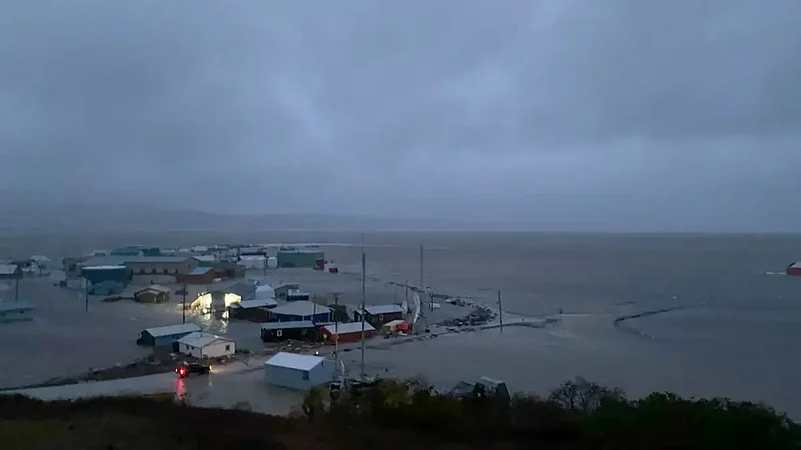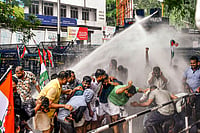The Centre has decided against allowing exploratory drilling for oil and natural gas in coastal regulation zones (CRZ) without prior approval. However, traditional coastal communities have been allowed to remove sand bars in the intertidal areas through a non-mechanised manual method and put up temporary and seasonal structures, such as shacks, during non-monsoon months, according to a notification by the Environment Ministry on Thursday.
Coastal land up to 500 metres from the high-tide line and a stage of 100m along banks of creeks, estuaries, backwater and rivers, subject to tidal fluctuations, is called a CRZ. CRZ rules regulate activities close to the coastline to protect the fragile ecosystems.
In November last year, the ministry had published a draft notification, proposing amendments to CRZ notification of 2019 following representations from state governments and the the Ministry of Petroleum and Natural Gas through the director general of hydrocarbon.
The draft notification sought to exempt exploratory drilling operations from prior CRZ clearance; allow traditional communities to remove sand bars and let people set up temporary beach shacks in CRZ areas of all coastal states. Exemption to drilling operations is not part of the final notification.
"The sand bars in the intertidal areas shall be removed by traditional coastal communities only through a non-mechanised manual method," the notification read.
"The state governments and Union Territory administration may permit such removal of sand in the specified time period in a particular area along with a specific quantity subject to conditions such as registration of local community persons permitted to remove the sand manually and shall be renewed on yearly basis," the notification read.
Experts said the decision to allow the removal of sandbars could open the floodgates for illegal sand miners.
(With PTI inputs)


























